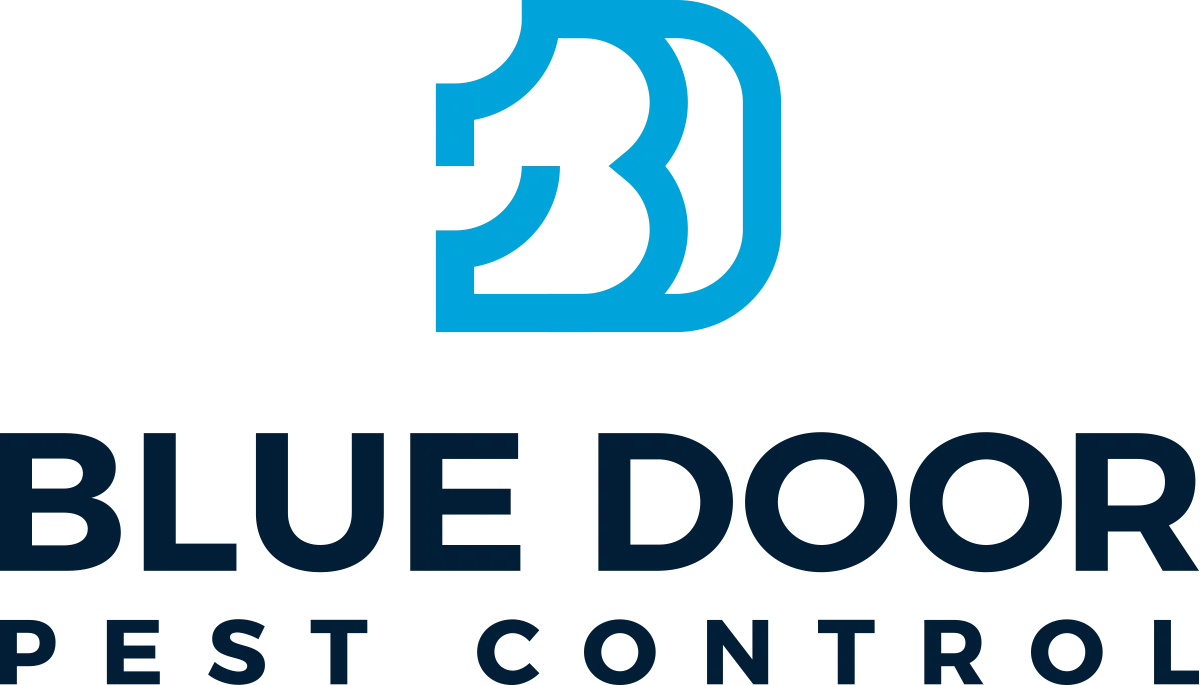IPM Pest Management South Florida | Blue Door

Integrated Pest Management: What Is It and Why Does It Matter?
At Blue Door Pest Control, our mission is to offer effective, environmentally responsible pest management solutions. One of the most sustainable and efficient methods we use is Integrated Pest Management (IPM). But what exactly is IPM, and why should you consider it for your home or business?
What is Integrated Pest Management (IPM)?
Integrated Pest Management (IPM) is a holistic approach to pest control that combines various strategies to manage pests in an eco-friendly, sustainable way. Unlike traditional methods that often rely solely on chemical treatments, IPM emphasizes long-term prevention and control by employing a combination of practices. This means tackling pest problems from multiple angles, reducing the need for harsh chemicals, and minimizing the impact on the environment.
How IPM Works: The Key Principles
IPM is all about understanding pest behavior, anticipating problems, and addressing them with the least disruptive solutions. Here’s how it works:
1. Monitoring and Identification
Regular monitoring and accurate identification of pests are the cornerstones of IPM. By understanding a pest’s life cycle and behavior, we can choose the most effective control methods. It’s not just about reacting to a problem but proactively managing it before it escalates.
2. Prevention
Prevention is the first line of defense. This includes practical measures like sealing cracks, eliminating food sources, maintaining cleanliness, and even using pest-resistant plants in your garden. These small but essential steps can go a long way in keeping pests at bay.
3. Control Methods
When prevention isn’t enough, IPM incorporates various control methods, each tailored to the specific pest problem:
- Biological Control: Utilizing natural predators, parasites, or pathogens to control pest populations. For instance, introducing beneficial insects like ladybugs to manage aphids.
- Cultural Control: Modifying the environment or practices to make it less conducive to pests. This can include adjusting irrigation practices to prevent mold or rot that attracts certain insects.
- Mechanical Control: Physical methods such as traps, barriers, or manual removal of pests.
- Chemical Control: When all else fails, pesticides are used sparingly and in a targeted manner, minimizing risks to humans and the environment. The goal is to limit chemical use and only apply them where absolutely necessary.
Why IPM is Important: Benefits You Should Know
Choosing IPM offers numerous advantages that go beyond just getting rid of pests. Here are some key benefits:
1. Environmentally Friendly
IPM significantly reduces the reliance on chemical pesticides, which means a lower environmental footprint. This approach promotes biodiversity and helps protect beneficial insects, birds, and other wildlife.
2. Cost-Effective
Preventive measures and targeted treatments can be more cost-effective in the long run compared to regular chemical spraying. IPM strategies aim to provide long-term solutions, which means fewer interventions and lower costs over time.
3. Healthier Living Spaces
Reducing chemical use means fewer toxins in your home or business. This creates a safer and healthier environment for your family, pets, employees, and customers. It’s a win-win for everyone.
IPM Success Stories in South Florida
The benefits of IPM aren’t just theoretical—they’ve been proven in various settings across South Florida:
Urban Pest Control
The University of Florida’s IFAS Extension has collaborated with local communities to implement IPM strategies to manage pests like mosquitoes and cockroaches. By educating residents on practices like eliminating standing water (to reduce mosquito breeding) and improving sanitation (to deter cockroaches), these initiatives have led to a noticeable decrease in pest populations and a reduction in pesticide use.
Residential Areas
Homeowners in South Florida have also embraced IPM for dealing with common pests like termites and ants. Combining physical barriers, baiting systems, and regular inspections has proven effective in controlling these pests. For example, using termite bait stations around homes is a successful, chemical-minimizing method for monitoring and managing termite populations.
These examples showcase the versatility and effectiveness of IPM. Whether in urban areas or residential neighborhoods, IPM provides sustainable and practical solutions to pest problems.
Our Commitment to Integrated Pest Management
At Blue Door Pest Control, we’re dedicated to using IPM principles to deliver safe, effective, and sustainable pest management solutions. Our team is trained in the latest IPM techniques and is passionate about protecting your property while preserving the environment. By choosing our services, you’re not just getting rid of pests—you’re also investing in a healthier and more sustainable future.
Why Choose Blue Door Pest Control for IPM?
- Expertise You Can Trust: Our team is knowledgeable and trained in the latest IPM methods, ensuring the highest standards of pest control.
- Customized Solutions: We understand that every property is unique, and so are its pest problems. We design tailored IPM plans that meet your specific needs.
- Environmentally Responsible: We prioritize eco-friendly solutions that protect your home, business, and the planet.
Conclusion: Integrated Pest Management - A Smarter Approach to Pest Control
Integrated Pest Management isn’t just a technique; it’s a philosophy of responsible, sustainable pest control. By focusing on prevention, monitoring, and a combination of targeted control methods, IPM offers a balanced, effective approach that benefits you and the environment.
When you choose Blue Door Pest Control, you’re not only getting comprehensive pest management solutions but also contributing to a healthier planet. Ready to make the smart choice for your home or business? Contact us today to learn more about how IPM can work for you!
